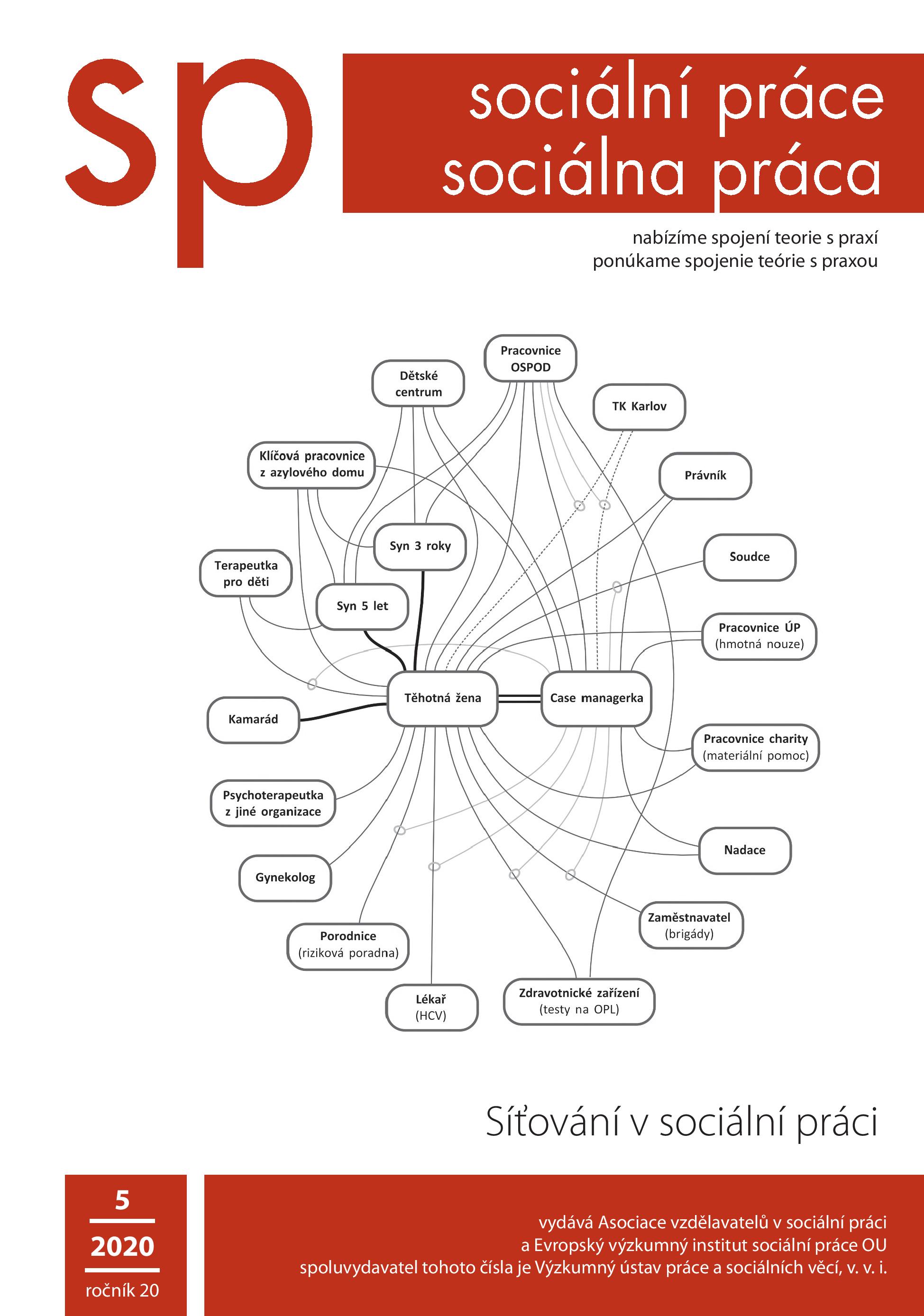
Search the web
Publishing schedule
6/2020 – Evaluation in Social Work 1/2021 – ERIS Journal - Winter 2021 - Forced Migration and Minority Groups 2/2021 – 3/2021 – 4/2021 – ERIS Journal - Summer 2021 - Histories of social work
Issues
Issues » 2015/2 - Work Conditions of Social Work »
Working Conditions of Social Workers Carrying Out Administration of Care Allowance
Olga Hubíková, Jana Havlíková, Libor Musil, Kateřina Kubalčíková
Abstract:
Both the approach to clients applied by a social worker and the perception of their role within the everyday practice are influenced by a variety of factors. One of the most important factors is working conditions, as they to some degree shape the social worker’s conceptions of “a good practice”. In this study the authors analyse working conditions of those social workers who carry out the administration of Care Allowance at the local departments of the Czech Employment Office (CEO). The focus is primarily on the impact of their working conditions on the possibility to apply situational approach when supporting the clients in coping with their unfavourable life situation. Qualitative interviews with 24 social workers, each from different local department of the CEO, gathered in 2014 within a research “Utilisation of information gathered via social investigation for the purpose of comprehensive social work with the Care Allowance claimants” were the main source of data. Analysis concerned organizational, personnel, and technical conditions, including equipment, in which the social workers perform their everyday working tasks. The importance of studying working conditions of social workers at the CEO consists in the fact that these conditions could be changed relatively easily in the environment of the centralized hierarchical organization.Keywords:
working conditions, situational approach, Care Allowance, qualitative research
Related papers
 The Use of Care Allowance by the Roma Population in the Context of Abuse in this Type of Benefit
The Use of Care Allowance by the Roma Population in the Context of Abuse in this Type of Benefit A Comprehensive Assessment: A Link between the Social Deviance Study and Social Work
A Comprehensive Assessment: A Link between the Social Deviance Study and Social Work Attitudes of Visually Impaired Pupils in the Second and Third Classes Towards Alcohol and Cigarettes: A Challenge for Social Work and Special Pedagogy
Attitudes of Visually Impaired Pupils in the Second and Third Classes Towards Alcohol and Cigarettes: A Challenge for Social Work and Special Pedagogy Change in Experience of Employees During Implementation of Individual Planning into a Rezidential Elderly Care Service
Change in Experience of Employees During Implementation of Individual Planning into a Rezidential Elderly Care Service Professionalism of Social Workers: Quality Mark or Procedural Crutch?
Professionalism of Social Workers: Quality Mark or Procedural Crutch?



